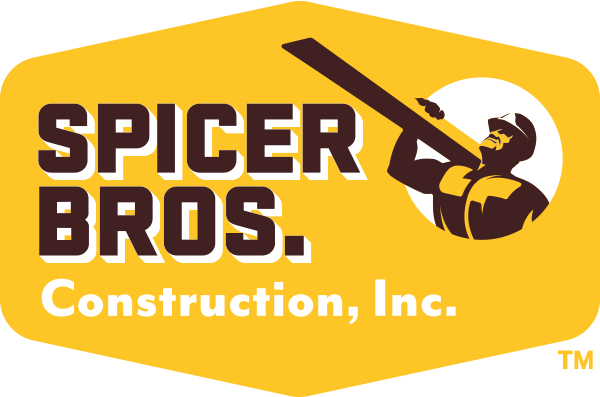Have you noticed what appear to be black particles accumulating in your gutters recently? If you answered yes, then that means your roof is suffering from excessive granule loss. What is granule loss and what can you do to address it? Our residential roofing experts discuss below.

Where Granules Come From
The granules you see in your gutters are from your roof–more specifically the top layer of your asphalt shingles. Each shingle has a base layer and a top layer that has embedded particles of asphalt granules, which are designed to block water and UV and infrared rays from the sun.
How Granules End Up in the Gutter
Constant wear and tear can cause the granules to become dislodged from the shingles’ surface layer. When it rains, water running down your roof carries the dislodged granules with it as it flows into your gutters. Residential roofing experts recommend calling an expert as soon as you see a significant buildup in your gutter troughs.
What Happens After Granule Loss?
Since the granules play a big part in providing weather protection, a roof that has experienced significant granule loss will be more vulnerable to other types of damage. Some shingles will lose their thermal resistance, making them more prone to curling or cupping, while others will become brittle and develop cracks over time.
How to Prevent Granule Loss?
Although granule loss can’t be completely avoided, there are ways to avoid the problems associated with it. A professional roofing company can replace the damaged shingles with new ones to bolster the weather resistance of the roof. If granule loss is extensive across the entire roof, this is likely a sign that you need to replace your roof.
If you think that your roof is suffering from granule loss, don’t think twice about calling the experts for help. Spicer Bros. Construction, Inc. provides top-notch roofing solutions in Lewes and Rehoboth Beach, DE, as well as Salisbury, MD. You can call us at (410) 546-1190 (Salisbury) or (302) 703-6754 (Delaware), or you can fill out this contact form for further inquiries.







